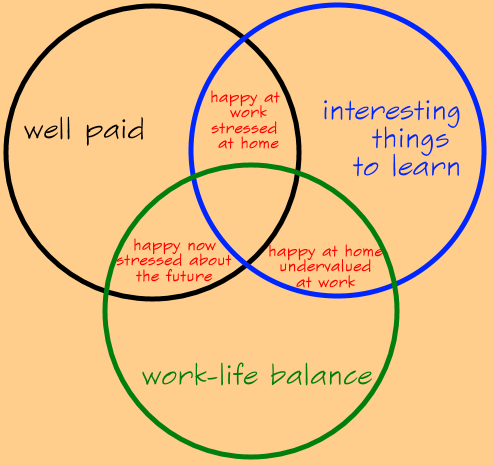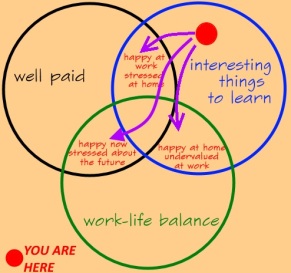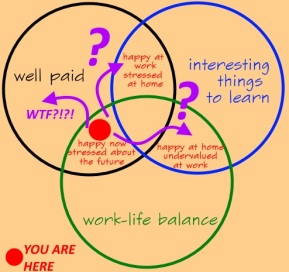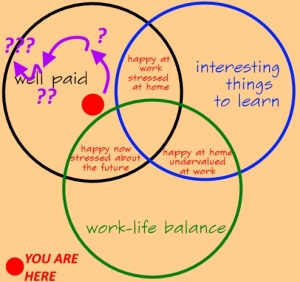First step: Wanting to get it
- You are not going to get it unless you really want it. What is your key motivator? Having a clear answer is going to help you all along the way, when tired, bored or frustrated.
Second step: Training
- You need to take at least 35 hours of training. In my experience 35 hours would be a little too little. Better apply for a 60-hour training course, which is roughly four hours of theory and two hours of practice for each of the ten knowledge areas.
- Living in Zaragoza, the obvious choice was the one by ESIC. Quite expensive but the good teachers and the great classmates worth it. It also provides you with very convenient resources to prepare the exam after completing the training.
Third step: Applying
- PMI is expecting you to have a few thousand hours of project management experience. The precise number of hours depends on your degree.
- Good news is you don’t need lots of precision in justifying your hours. If you’ve been involved in projects for the last years, you should be able to demonstrate the experience. If not, you should check the CAPM certification instead.
- Bad news is one out of ten applications will be audited. If you are one of the “lucky” ones, then you would need to contact some of your former managers or colleagues who can asses your experience. Normally they wouldn’t need to do anything besides signing the experience you have submitted in your original application so, in the end, is more of a hassle than a real problem.
Third step: Booking a date
- Once your application is been approved, you could book a date, and a place, for taking the exam. You can take the exam digitally or in paper form. With the digital option you would have a more open set of dates. With the paper form your choosing is more limited.
- Anyhow, I can’t find the words to tell you how IMPORTANT is to chose a date and book the exam. You are going to have a lot to study. A clear goal date will help you to find the willpower to start studying.
- Try to take advantage of the momentum given by the training course and plan your exam for sometime between six and twelve weeks after the end of the training.
- The exam is taken in english. When booking, you could check whether a translation in your native tongue is available as a support. If it is, ask for it. Nothing to loose.
Fourth step: keep your pace and try some tests
- You should have planned your way through the theory. Whether you’ve planned it as a short sprint or as a long marathon, there is going to be ups and downs, so try to keep your pace.
- You should check your progress every now and then with questions similar to the ones in the exam.
Fifth step: Passing the exam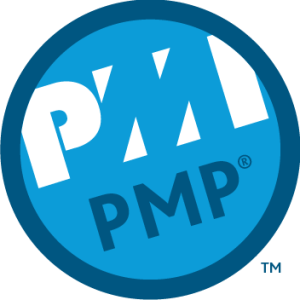
- You have four straight hours to answer 200 questions.
- Take the first ten minutes in writing the main formulas and the table connecting the ten knowledge areas, the five process groups and the 49 different processes. It would let you use it as a guide when you start feeling exhausted, and you would calm down while doing it, so you would be able to take the first questions better.
- If english is not your native tongue and you asked for a translation support, probably you would feel like reading some questions in both languages. Sometimes translation could misguide you.
Sixth step: Enjoy 🙂
- You should get the results sometime between right after finishing your digital exam, or two weeks after finishing your paper-based exam.
- Update your LinkedIn profile, take your partner or some friends to have a nice dinner, and enjoy your success. 🙂
Related: Consejos para estudiar y preparar el examen PMP y CAPM del Project Management Institute (Daniel Echeverría)

